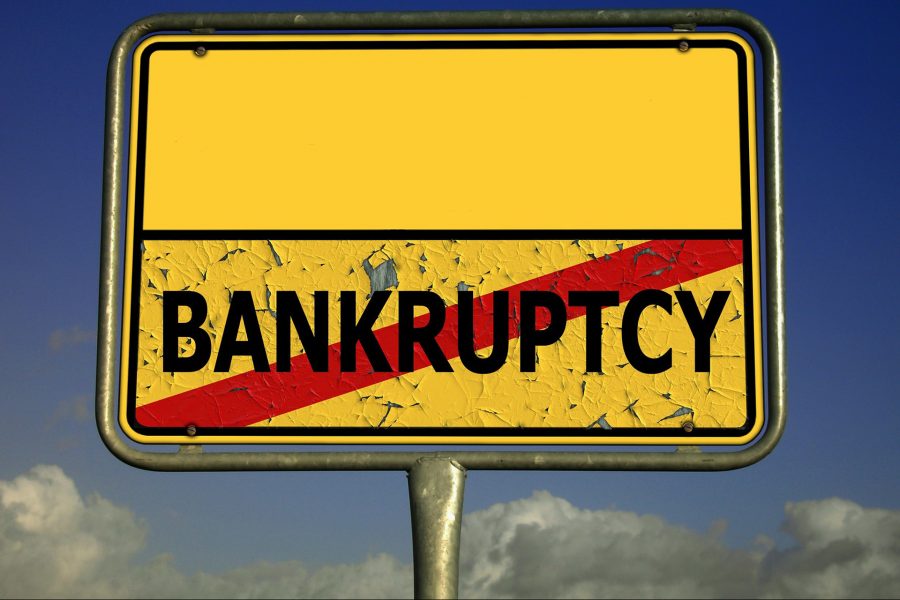
Bitcoin ATM Operator Files for Bankruptcy with Debts of $100M-$500M
- Brandon Davis
- February 9, 2023
- Bitcoin, Crypto, News
- 0 Comments
Coin Cloud, a leading Bitcoin ATM operator, has filed for bankruptcy with liabilities estimated between $100 million and $500 million. This sudden turn of events has come as a shock to the cryptocurrency community and raises questions about the stability of the industry.
Founding and growth as a leading Bitcoin ATM operator
Coin Cloud was founded in 2014 and has since established itself as one of the largest Bitcoin ATM operators in the United States, with over 1,000 machines in more than 20 states. The company had positioned itself as a trusted player in the cryptocurrency space, providing customers with an accessible and secure way to buy and sell digital assets.
However, the company’s financial situation has taken a turn for the worse in recent months, and it has now been forced to seek protection from its creditors through a Chapter 11 bankruptcy filing. The exact reasons for Coin Cloud’s financial difficulties are unclear, but it is thought that a combination of operational expenses and declining cryptocurrency prices may have contributed to the company’s downfall.
Despite its promise of decentralization and financial freedom, the cryptocurrency space is still in its infancy, and many companies have struggled to navigate the complex regulatory environment and unpredictable market conditions.
Need for stability, transparency, and risk management
The impact of Coin Cloud’s bankruptcy on the wider cryptocurrency industry remains to be seen, but it is likely to increase concerns among investors and regulators. It also highlights the need for greater stability and transparency in the crypto market, and for companies to have robust risk management strategies in place.
The bankruptcy of Coin Cloud serves as a cautionary tale for those involved in the cryptocurrency industry. It underlines the importance of careful consideration and due diligence when investing in digital assets, and underscores the need for the industry to continue to mature and evolve in a responsible and sustainable way.








